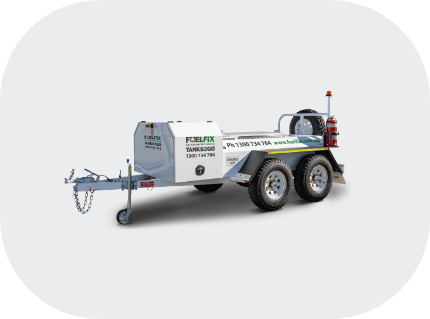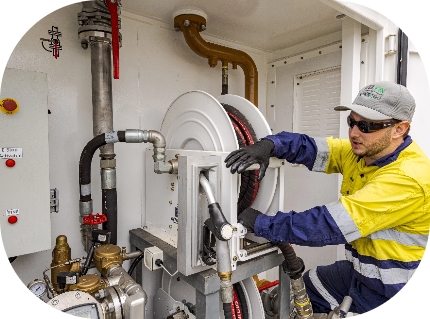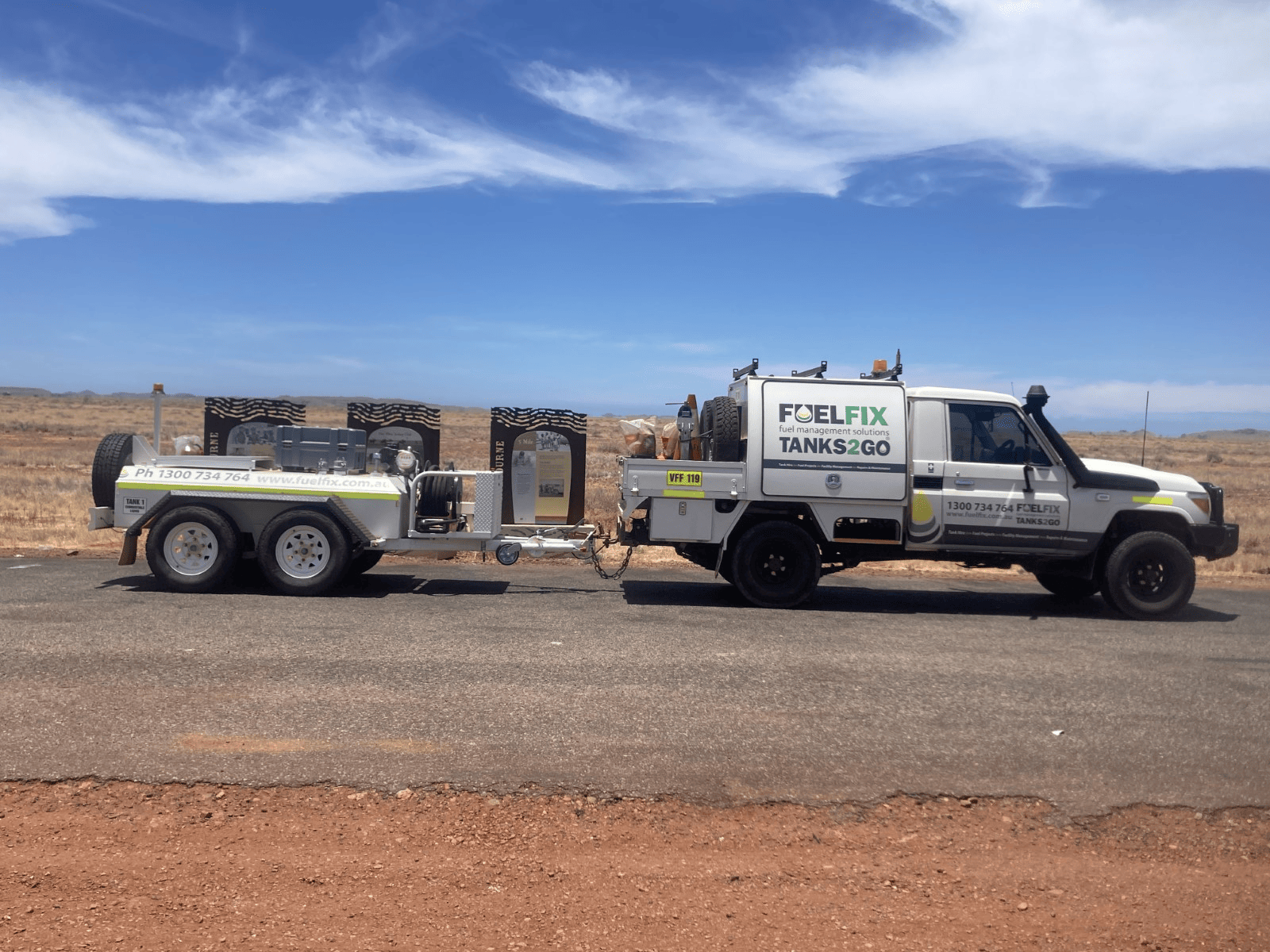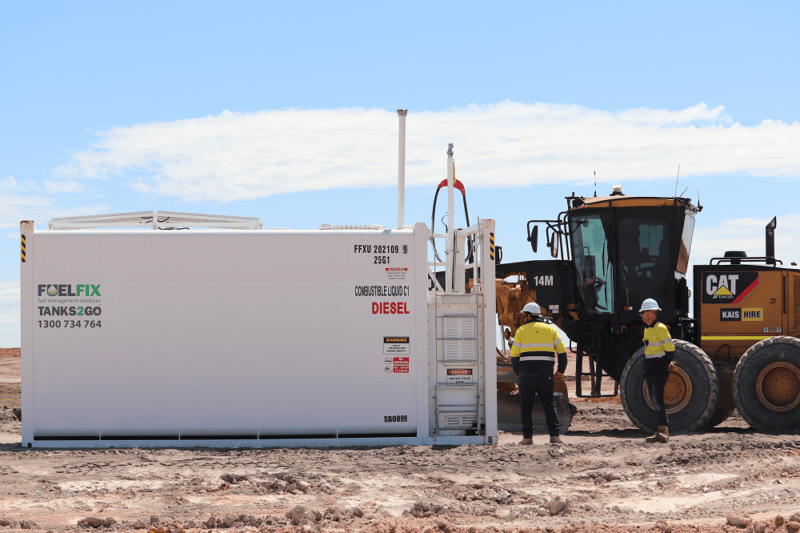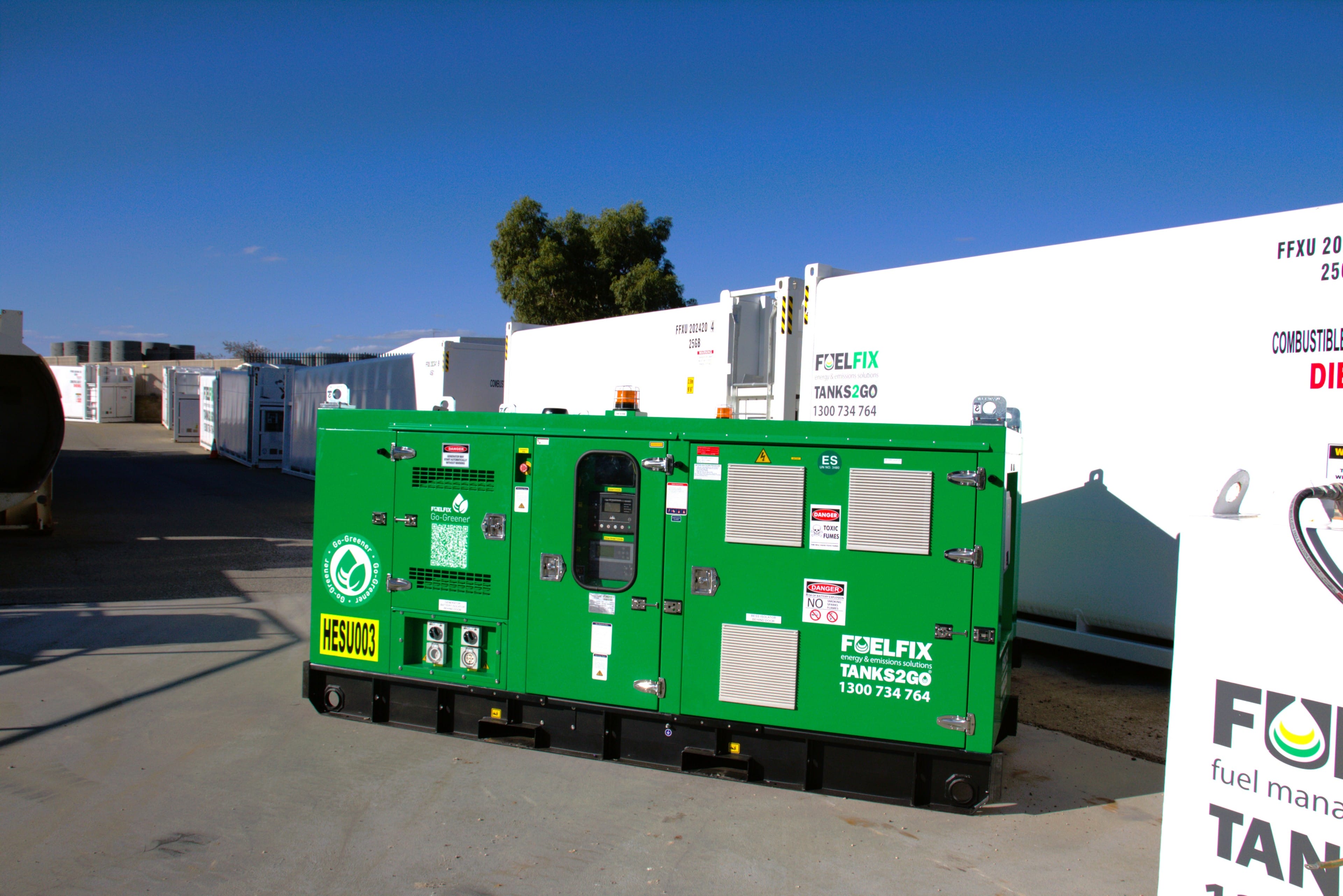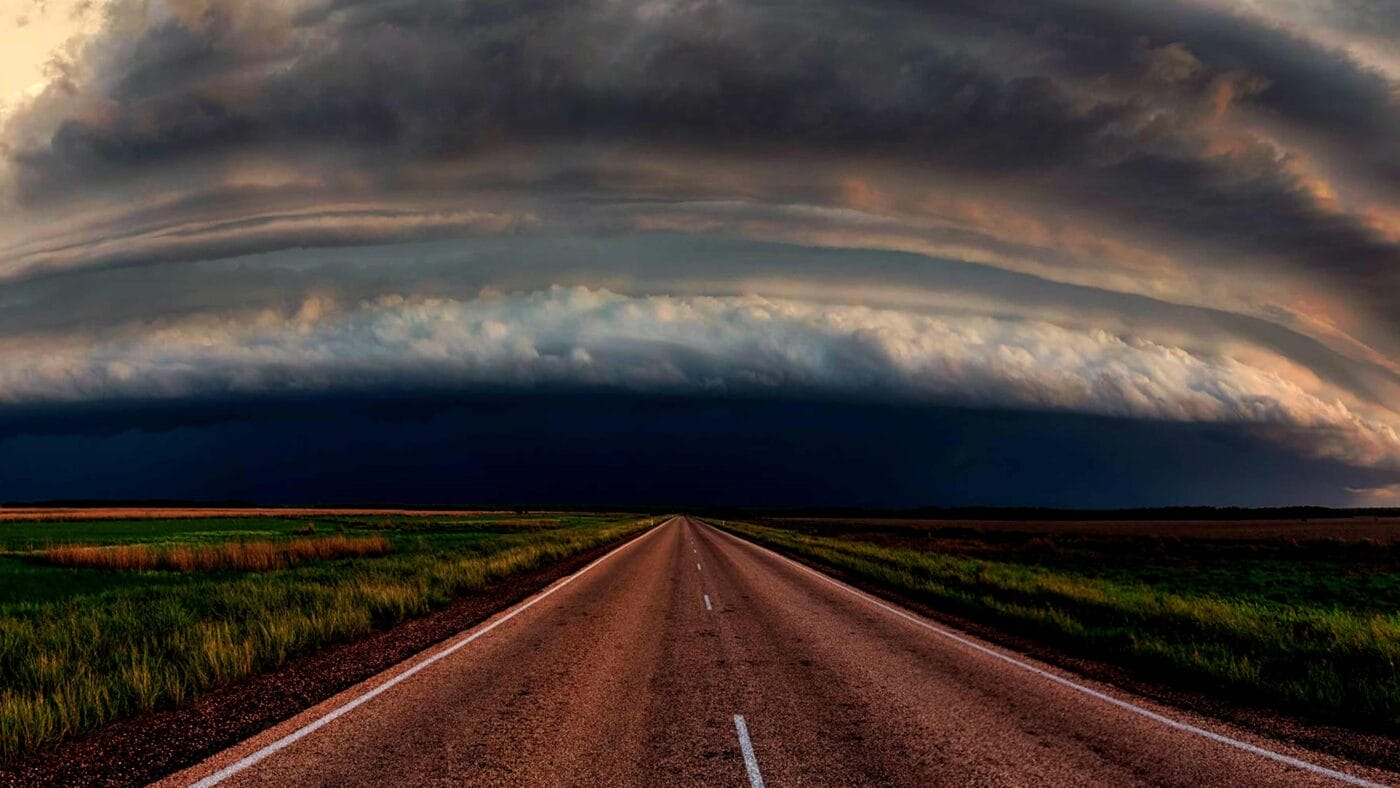
The volume of diesel fuel consumed in Australia is projected to amount to approximately 25.2 million litres in 2024. But what happens when your supply is cut off? For hospitals in remote areas and businesses involving quarries, mines and rural construction, it’s imperative to have a contingency plan for fuel during times of uncertainty.
Cyclone season can be a challenging time for many businesses, especially those that rely on a steady supply of fuel. Investing in fuel storage tanks and fuel trailers can provide a reliable solution to ensure your operations continue smoothly, even during severe weather events like Australia’s cyclone season.
What is Australia’s cyclone season?
Tropical cyclones are one of Australia’s most harmful weather events and their locations are often difficult to predict and they tend to form erratically. According to the Australian Bureau of Meteorology, the official cyclone season in Australia runs from November to the end of April.
Recent data from the Australian Bureau of Meteorology (BOM) indicates that the 2024-25 cyclone season is expected to be more active than previous years, with a higher number of severe cyclones predicted in part due to warmer-than-average ocean temperatures.
According to BOM, if the average figures are maintained, it would see 11 tropical cyclones form in the Australian region, 4 of which cross the Australian coast. While the number, location and intensity of tropical cyclones varies every year, any tropical cyclone almost always brings damaging winds, heavy rainfall and flooding. With this in mind, companies that rely on fuel infrastructure should prepare and plan adequate fuel storage solutions in case the supply chain is impacted.
Tropical cyclones in Australia for 2024-25
For 2024–25, the outlook indicates that the likelihood of severe tropical cyclones of Category 3, 4, or 5 is higher than usual:
- Australian region
Typically, 11 tropical cyclones form or pass through the Australian region in a season, with around four of these crossing the Australian coast. Outlook accuracy for the Australian region is high. - Western region
Typically, at least 1 tropical cyclone in the Western region will create coastal impacts, regardless of how many make landfall. The average number of tropical cyclones to form in or pass through the Western region is 7 each season. Outlook accuracy for the Western region is moderate. - Northwestern sub-region
Typically, 5 cyclones form in or pass through this area each season. Around 3 tropical systems (tropical cyclones, or their associated tropical lows) are expected to affect coastal areas of the Northwestern sub-region. Outlook accuracy for this region is moderate. - Northern region
Typically, the Northern region experiences 2 or 3 cyclones each season. About three-quarters of the tropical cyclones in the Northern region have some form of impact upon coastal regions. Outlook accuracy for this region is low. - Eastern region
The average number of tropical cyclones for this region is 4, and around one of these make landfall. Outlook accuracy for this region is moderate.
Source: Australian Bureau of Meteorology
How is fuel infrastructure impacted by the cyclone season?
A normal cyclone season can already impact the fuel supply chain, but the current situation with geopolitical tensions and natural disasters has also exacerbated certain issues and could affect how the domestic fuel tank industry responds to a major storm in the coming season.
The main issues to be aware of are that during a tropical cyclone it may be hard to deliver regular fuel loads for an unknown amount of time. If you rely on fuel, you should consider hiring a remote fuel tank or diesel fuel trailer as a back-up. The other major problem that can occur is that even if the fuel is able to reach you, there may be shortages and significant pricing fluctuations due to the market instability. Having your own fuel storage solution to rely on will allow you to see any shortage periods though safely.
How can Fuelfix help?
Fuel infrastructure is already highly volatile during the cyclone season and other natural weather events, geopolitical tensions and market instability has only increased these uncertainties. Companies need to be thinking about and procuring contingency solutions like bulk diesel tanks and fuel trailers now in order to ensure that they can stay fully operational during turbulent times.
As a leading fuel storage provider in Australia, you can trust Fuelfix to provide flexible fuel management solutions, maintenance and repairs for various industries all over the country. Rather than accept fuel misuse and loss as a matter of course, engage with the professionals at Fuelfix to ensure that the profitability and operations of your business or organisation are maintained during difficult times.
We offer a country-wide footprint of equipment including a wide range of back-up power systems, fuel tank for sale and hire, fuel trailers for hire and fuel storage solutions. Our qualified and industry-trained technicians are here for local support and quick response for your business – especially when the wild weather strikes.
Utilising long-standing relationships with various suppliers, Fuelfix has maintained a strong supply chain that provides peace of mind during unpredictable periods for our customer’s fuel supply. We’ll help you keep your operation up and running with accurate reporting methods, dependable security and other excellent features that have helped us cement our place as Australia’s largest provider of fuel storage tanks.
A contingency plan can reduce downtime in the unlikely event of a storm, cyclone or power outage. Let Fuelfix and Tanks2Go help you prepare and develop a strong fuel contingency plan for this storm season.
